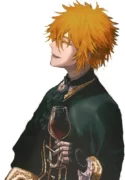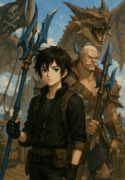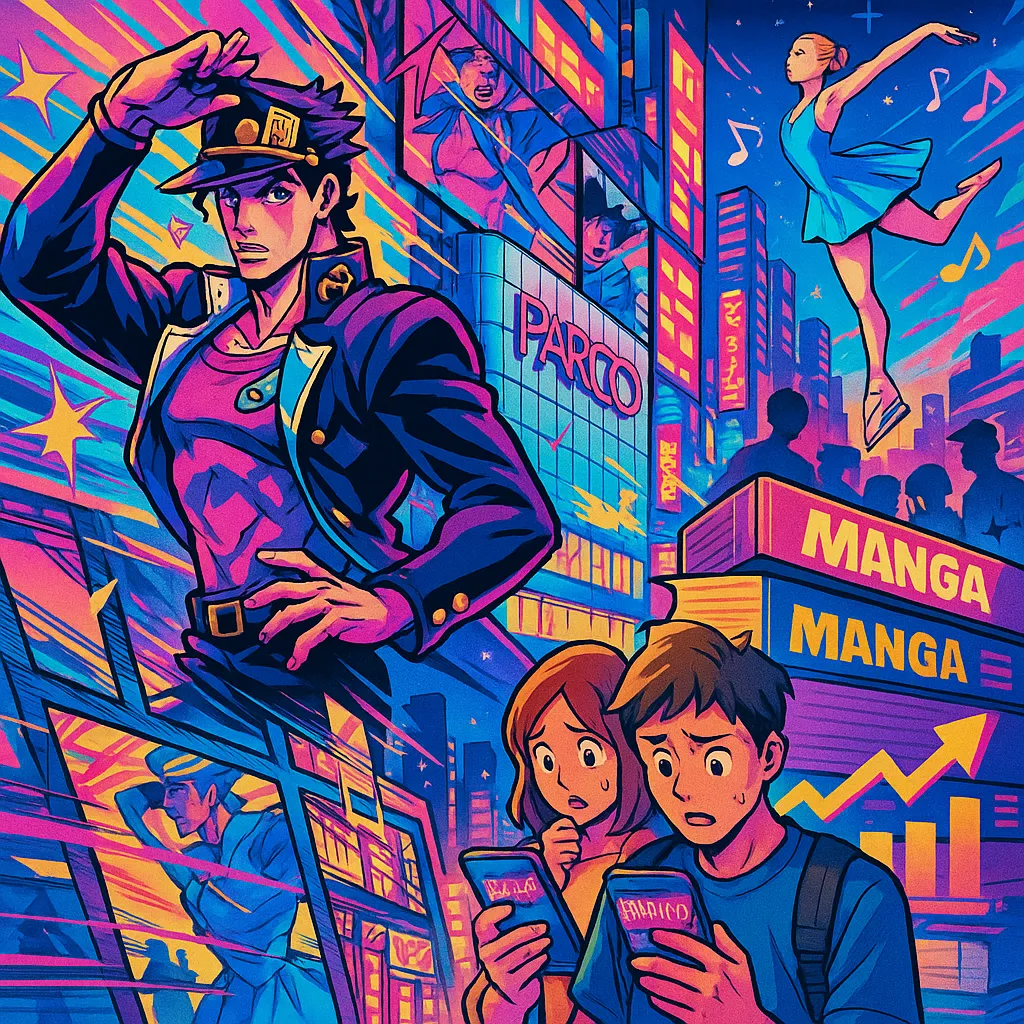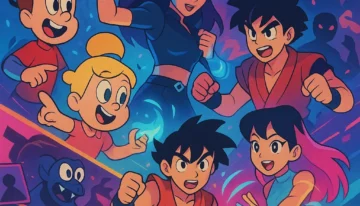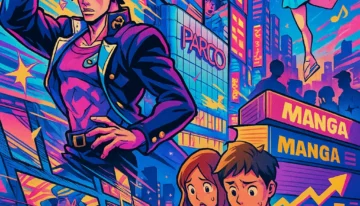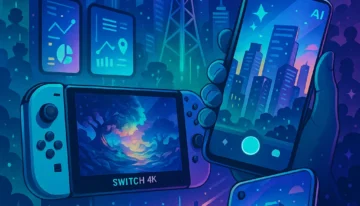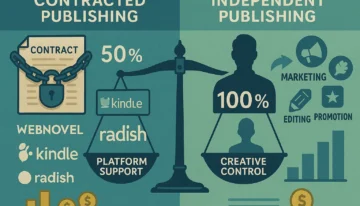Tokyo’s Pop Culture Revolution: When Anime Predictions Go Too Far
From JoJo’s permanent Shibuya takeover to prophecies that have tourists canceling Japan trips, manga culture is making headlines for all the right—and wrong—reasons
June 24, 2025 – Pop Culture Correspondent
Tokyo’s pop culture scene is having a moment that’s equal parts celebration and chaos. While fans prepare to experience their favorite anime worlds in unprecedented ways, a bizarre prophecy from a manga artist has some people genuinely afraid to visit Japan. Welcome to 2025, where the line between fiction and reality has never been blurrier.
JoJo’s Bizarre Adventure Gets a Permanent Home
After decades of temporary pop-ups and limited-time cafés, JoJo’s Bizarre Adventure is finally getting the permanent shrine it deserves. “The JoJo World” opens this July on the 6th floor of Shibuya Parco, and it’s everything fans could have dreamed of—and more.
This isn’t just another merchandise store. Picture interactive attractions where you can test your Stand abilities, mini-games that let you live out iconic manga moments, and an Iggy-themed café serving up treats that would make the Boston Terrier proud. It’s Tokyo’s first permanent JoJo experience, transforming what was once niche manga culture into mainstream entertainment.
“It feels surreal,” says Akira Tanaka, a JoJo fan who’s been following the series for 15 years. “Growing up, liking JoJo meant you were part of a secret club. Now there’s a whole floor in Shibuya dedicated to it.”
The opening represents something bigger than just one franchise’s success. It signals how anime and manga have evolved from subculture to cultural powerhouse, worthy of prime real estate in one of Tokyo’s most expensive districts.
When Manga Meets Live Action (Again)
December 12th can’t come soon enough for fans of Romantic Killer. Wataru Momose’s beloved manga is getting the live-action treatment, joining the growing list of successful manga-to-film adaptations that have been dominating Japanese cinema.
Live-action adaptations have a complicated history—for every Death Note success, there’s been a disaster that made fans wish directors had never heard of manga. But recent adaptations have shown that when done right, they can capture the heart of what makes these stories special while bringing them to new audiences.
The Romantic Killer adaptation feels particularly timely. In an era where dating apps and social media have complicated romance, a story about a girl forced into romantic situations by a magical creature offers both escapism and surprisingly relevant commentary on modern relationships.
Music Videos That Hit Different
The collaboration between Medalist manga and Kenshi Yonezu’s “BOW AND ARROW” represents a new evolution in how anime and music intersect. The official music video seamlessly blends manga visuals with Yonezu’s haunting melody, creating something that transcends both mediums.
Figure skating might seem like an unlikely subject for manga, but Medalist has captured the grace, pressure, and raw emotion of the sport in ways that live-action often can’t. When paired with Yonezu’s ethereal vocals, it creates an experience that feels both intimate and epic.
“It’s like the manga panels are dancing,” explains music video director Hana Sato. “We wanted to show that static images can have just as much movement and emotion as any live performance.”
When Prophecies Go Viral (And Wrong)
Not all manga-related news is cause for celebration. Manga artist Ryo Tatsuki has inadvertently caused international panic with what media outlets are calling a “New Baba Vanga” prophecy. The prediction that Japanese coastal cities will sink on July 5, 2025, has led to genuine travel cancellations and widespread anxiety.
The fact that people are taking a manga artist’s fictional prophecy seriously enough to change their travel plans reveals something troubling about our relationship with information in the digital age. Social media algorithms don’t distinguish between entertainment and news, causing fictional scenarios to spread with the same urgency as actual warnings.
“It’s simultaneously fascinating and terrifying,” notes Dr. Kenji Matsuda, a media studies professor at Tokyo University. “We’re seeing how powerful storytelling can become when it escapes its intended context.”
Tourism boards across Japan have had to issue statements clarifying that this is not an official prediction, highlighting how manga culture’s influence now extends far beyond entertainment into real-world consequences.
The Numbers Don’t Lie
Meanwhile, the manga market continues its dominance with Jujutsu Kaisen Volume 26 topping May 2025 charts. Overtaking Solo Leveling—itself a phenomenon that started as a Korean webtoon—shows how global the manga ecosystem has become.
The top rankings read like a greatest hits of modern manga: Chainsaw Man and One Piece holding strong alongside newer entries. These aren’t just Japanese success stories anymore—they’re global entertainment franchises that influence everything from fashion to philosophy.
One Piece deserves special mention for maintaining its position after more than 25 years. In an entertainment landscape where attention spans are measured in seconds, Eiichiro Oda’s pirate epic continues to capture imaginations across generations.
The Cultural Takeover
What we’re witnessing isn’t just the success of individual manga or anime—it’s the transformation of Japanese pop culture into a global language. When a JoJo store opens in Shibuya, when live-action adaptations draw international audiences, when music videos blend manga with contemporary J-pop, we’re seeing culture evolve in real time.
The flip side is that with great cultural influence comes great responsibility. When manga artists’ fictional prophecies cause real-world panic, it becomes clear that creators now wield power they never asked for.
Looking Forward
As Tokyo prepares to welcome JoJo fans from around the world and Romantic Killer gears up for its live-action debut, the anime and manga industry stands at a crossroads. Success brings opportunities but also challenges—how do you maintain the creative freedom that made these stories special while acknowledging their massive cultural impact?
The answer might lie in spaces like “The JoJo World”—places where fiction and reality can coexist safely, where fans can experience their favorite stories without losing the magic that made them fall in love with them in the first place.
After all, the best anime and manga have always been about more than entertainment. They’re about connection, imagination, and the power of stories to change how we see the world. In 2025, that power has never been more evident—or more important to handle responsibly.

